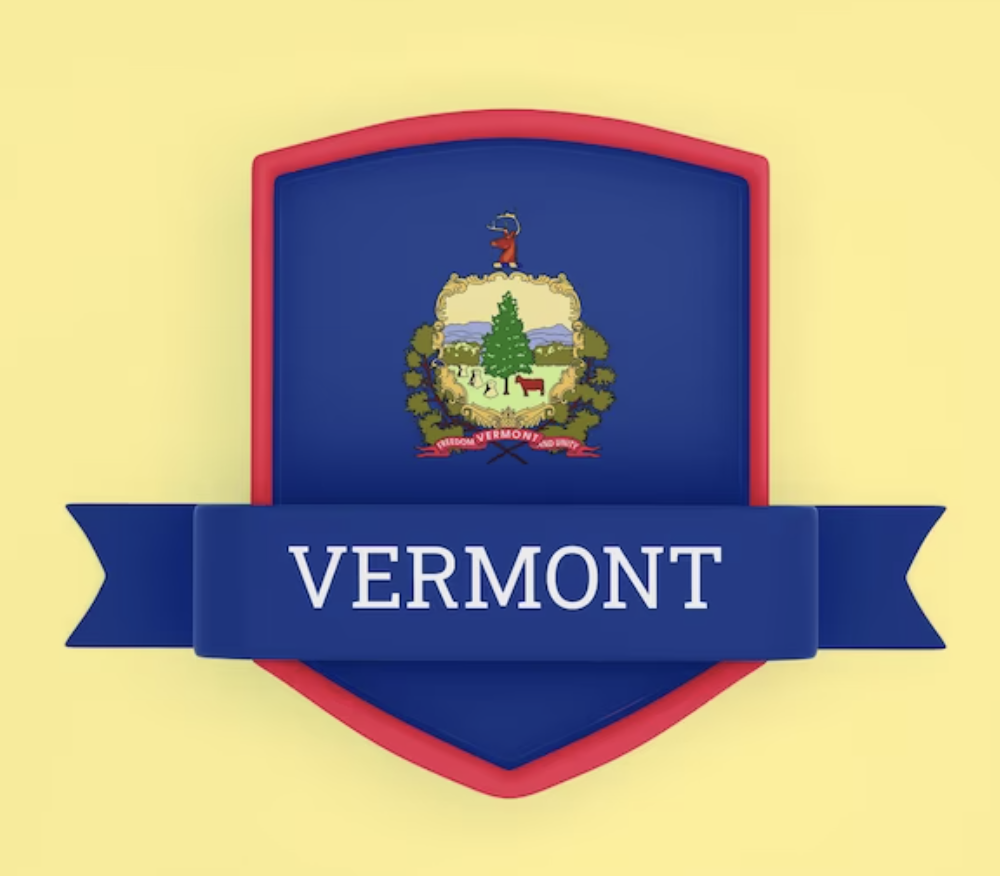
Submitted
By Ryan Heraty
Editor’s note: This commentary is by Ryan Heraty, superintendent of Lamoille South Supervisory Union.
In 2004, the town of Killington overwhelmingly voted to pursue secession to New Hampshire. It was a time of great turmoil as Vermonters navigated the impact of Act 60. Although extreme, it was a reflection of the anger and frustration felt by residents pushed to the breaking point. Within two years, Act 60 was revised and new revenues were identified to ease the unsustainable tax burden felt by families.
It appears that 20 years later, we may be at a similar political crossroads.
Vermonters will soon face unprecedented economic pressure, and it is clear that the root cause is Act 127, the latest version of Act 60 and one of the most detrimental and dangerous pieces of legislation in recent history.
This bill, signed in the spring of 2022, was intended to increase transparency and produce more “equitable” outcomes for students across the state. Although the intent is the right one, the reality is that this law decreases transparency and raises property taxes for Vermont residents to levels that will require many to make very difficult financial decisions.
As the superintendent of Lamoille South Supervisory Union, I hold a unique perspective regarding the impact of education finance policy. Our supervisory union is composed of three unique towns: Elmore, Morristown and Stowe. These three towns have been operating in a fiscally responsible way for many years, and we have always strived to maintain a spending increase below the state average. We present our academic data on a regular basis and provide our taxpayers with a good return on their investment.
What is our reward for this transparency and steadfast financial management? Based on current projections, Elmore residents can anticipate an average property tax increase of 29% for FY25. In Stowe, the average resident can plan for an increase of 24%, and in Morrisville, residents can anticipate an 18% increase to their annual bill. Let there be no mistake that these increases are completely driven by Act 127, which has resulted in unprecedented statewide spending and a lower property yield.
With a monumental upswing in state-negotiated health care costs and new state policy that removes even more local control, we have been put in a situation where property tax increases are untenable. This is not the Vermont way.
Although we could offer many perspectives on how we got here, what is more prudent is a path forward. After countless conversations with colleagues, school boards, and legislators, I present these three strategies for reversing course:
1. Developing policies that prioritize Vermonters
The most pressing challenge we face is our lack of state revenue, decreasing enrollments and rising costs. Short-term rentals and second homes owned by out-of-state residents need a separate tax rate. Why is the current (non-homestead) rate in the same category as local businesses? Why would local residents pay a higher tax increase than a second home owner? Legislators must create a new category for out-of-state property owners and collect more revenue from those extracting money from our state. Short-term rentals have changed the game and we need to change with it. If these tax increases result in owners selling their properties, so be it. It can only help our housing crisis. Imagine homes filled with teachers, firefighters and Little League coaches. These year-round residents not only contribute to their local communities, but they also increase school enrollments.
2. Implement spending safeguards
and increase transparency
Contrary to its claim, the new weighting model does not offer a transparent look at annual spending increases by town. Pupil weights, common level of appraisal, property yields, etc. all work to distance voters from their actual spending increase. A lack of timely statewide academic data also leads to an erosion of trust. How many of your neighbors (or legislators for that matter) can explain how their tax increase was calculated or how investments are connected to learning outcomes?
Instead of complicated formulas that seek to confuse voters, state officials should be establishing safeguards for annual spending and providing clear annual reports on school performance. Massachusetts requires a voter override when property tax exceeds 2.5%. They also publish school report cards each fall that display current academic and social/emotional data in an easy-to-read format. These safeguards encourage efficiency and allow individual towns to have a strong say in what they are willing to pay in tax increases. The state also provides technical support, not just financial resources, to school systems that are underperforming.
3. Focus on health care
Everyone can agree on health care reform. The 16.4% increase in state-negotiated health care costs has imposed a significant hardship on local budgets. Instead of passing legislation that increases our tax rates, we must encourage our legislators to help us control costs. Health care is the perfect place to start.
Vermont is a state with a long history of providing students with an excellent education. It is arguably our greatest asset and needs to be prioritized in the current legislative session. We need to stop claiming we are pursuing equity while simultaneously pushing our residents into poverty and losing our focus on student learning.
The above are three realistic steps that can be taken this year. Do we really want to revisit a time in history when towns were asking to secede to New Hampshire?
Please consider contacting your local legislators and advocating for our students and families.



